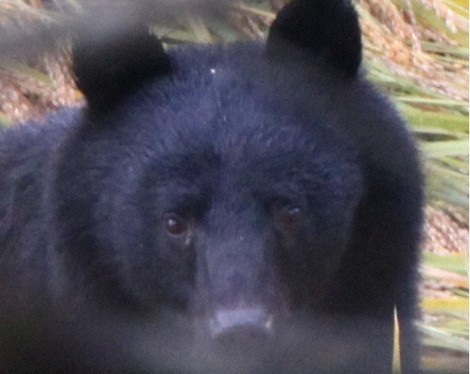In a possible first for Japan, emergency hunting has been sanctioned to manage the local bear population. The decision follows an increase in bear sightings and human-wildlife conflicts across the country, prompting authorities to take unprecedented measures. The initiative, termed "emergency gun hunting," is seen as a necessary step to protect local communities and simultaneously maintain the ecological balance.
Japanese people traditionally value harmony between humans and nature, but rising bear encounters have grown into a serious concern in some regions. Public safety is a paramount concern, hence the extreme measures. However, there are also debates over animal rights and potential alternatives for bear control, reflecting a complex interaction between tradition, practical necessity, and evolving values in Japanese society.
In the US and EU, wildlife management also aims to balance public safety and ecological preservation, with similar emergency measures employed if necessary. However, there is generally more emphasis on non-lethal methods, such as relocation or sterilization. The situation in Japan may elicit international discussions on the merits and ethics of such measures.

